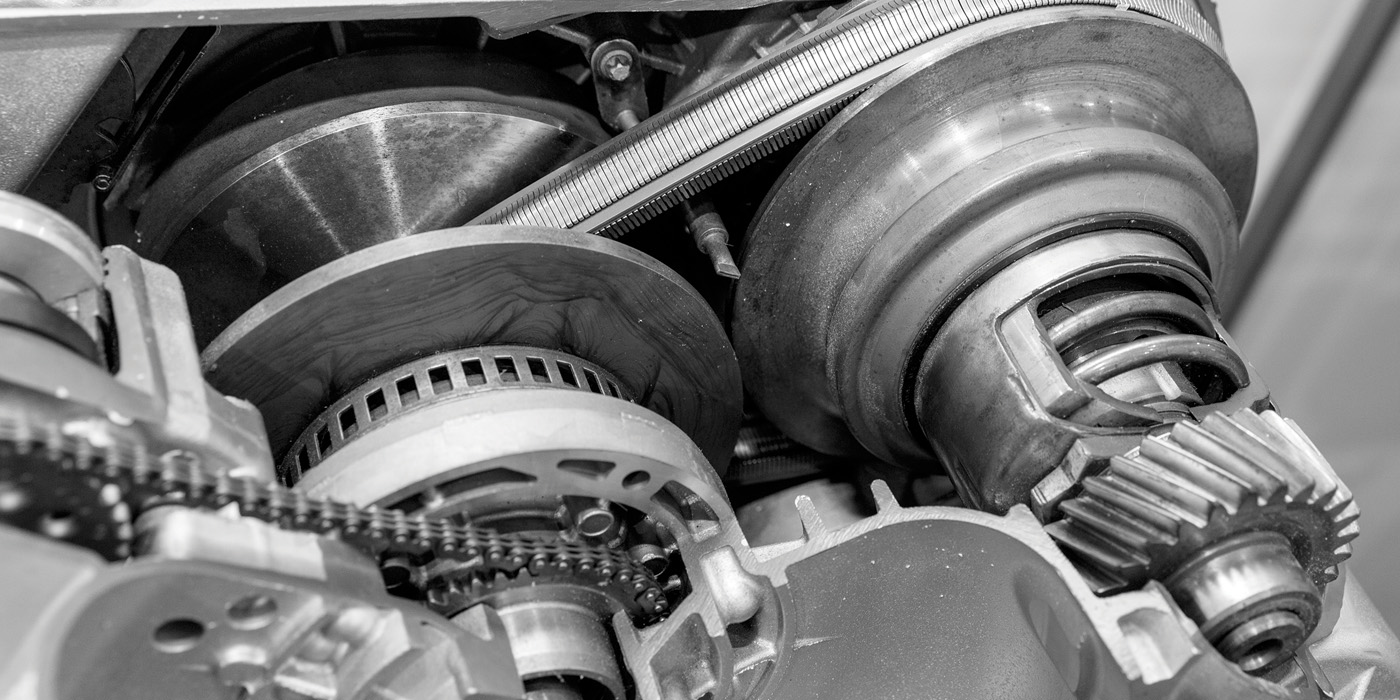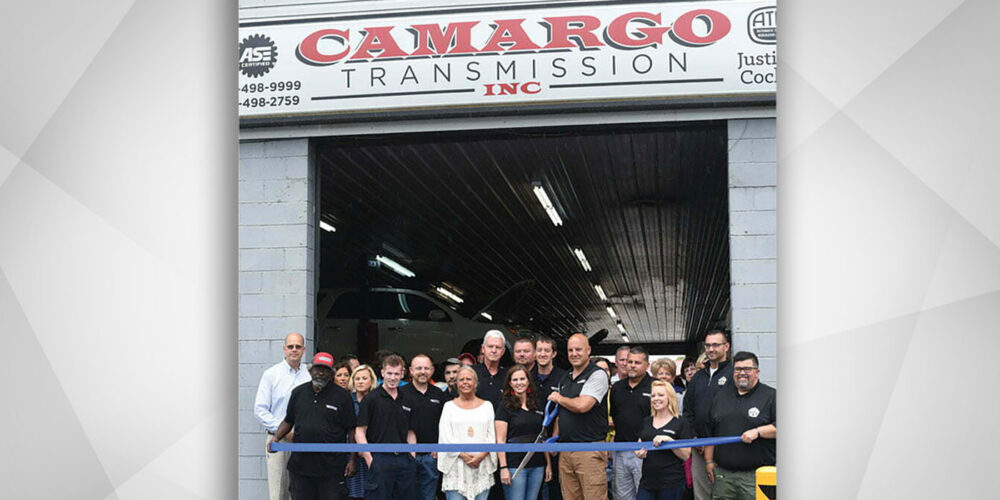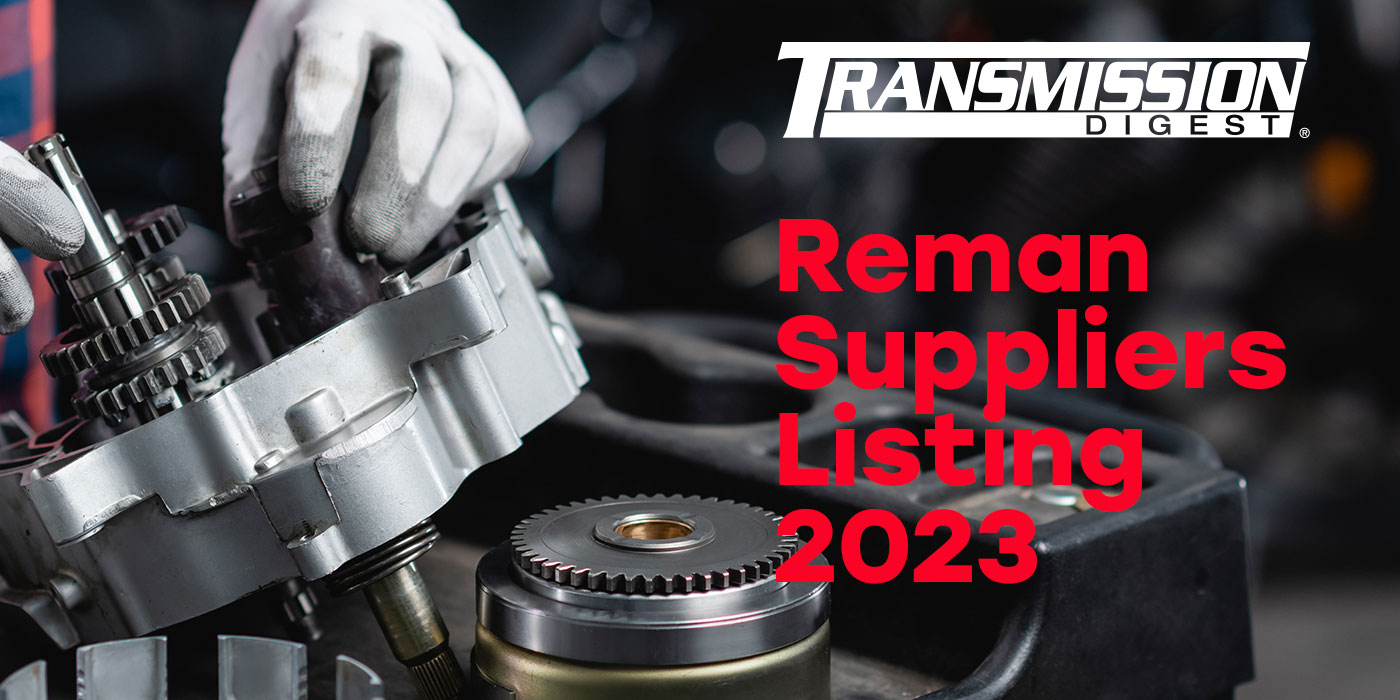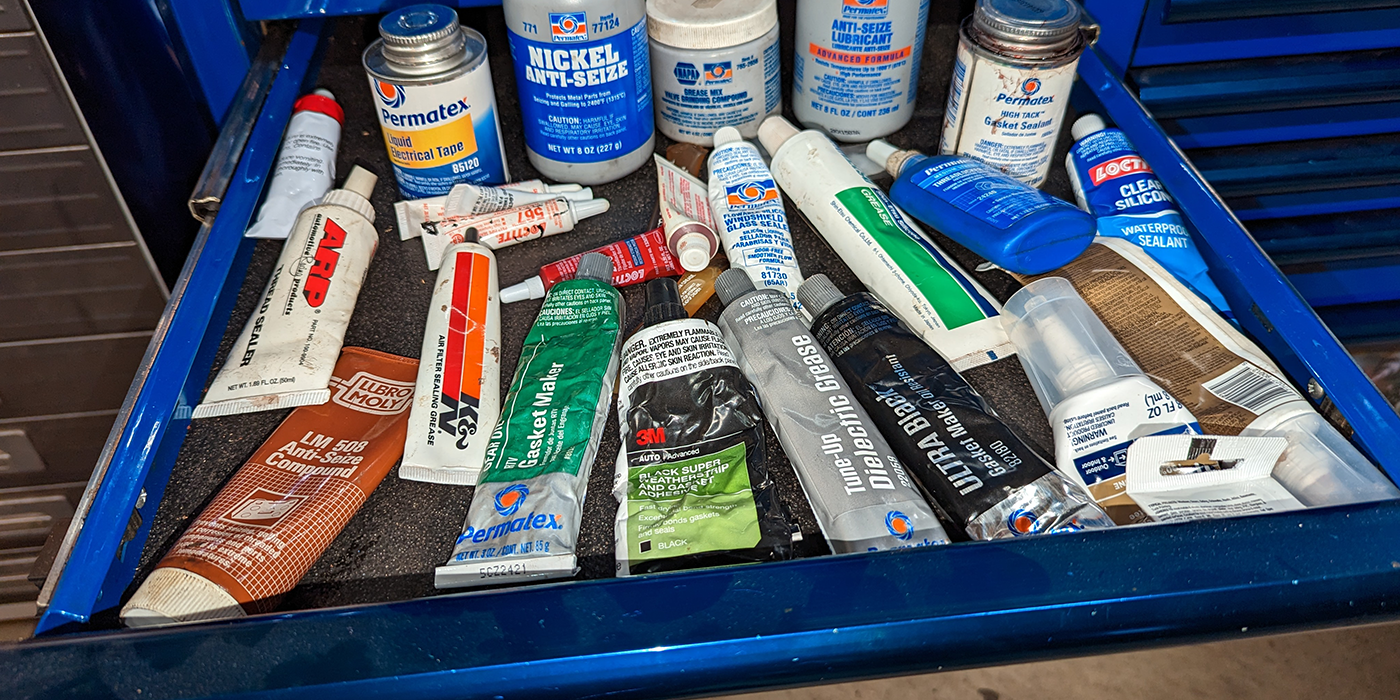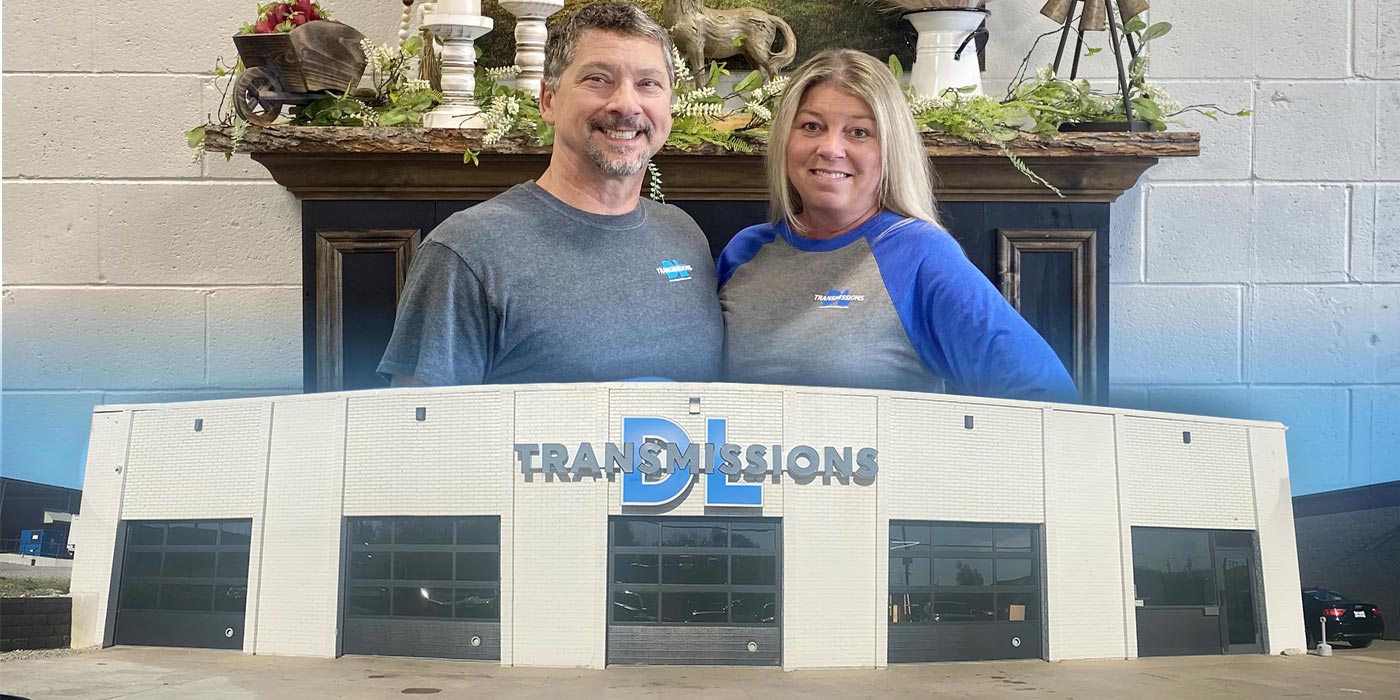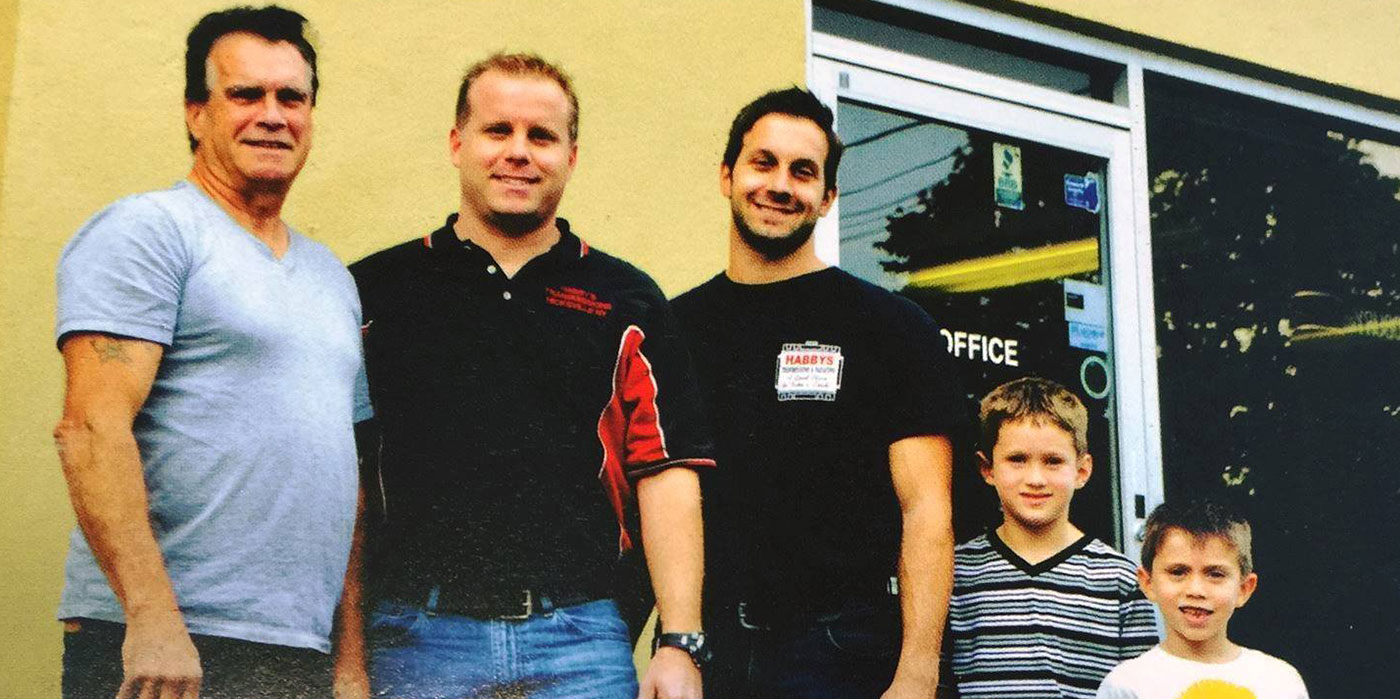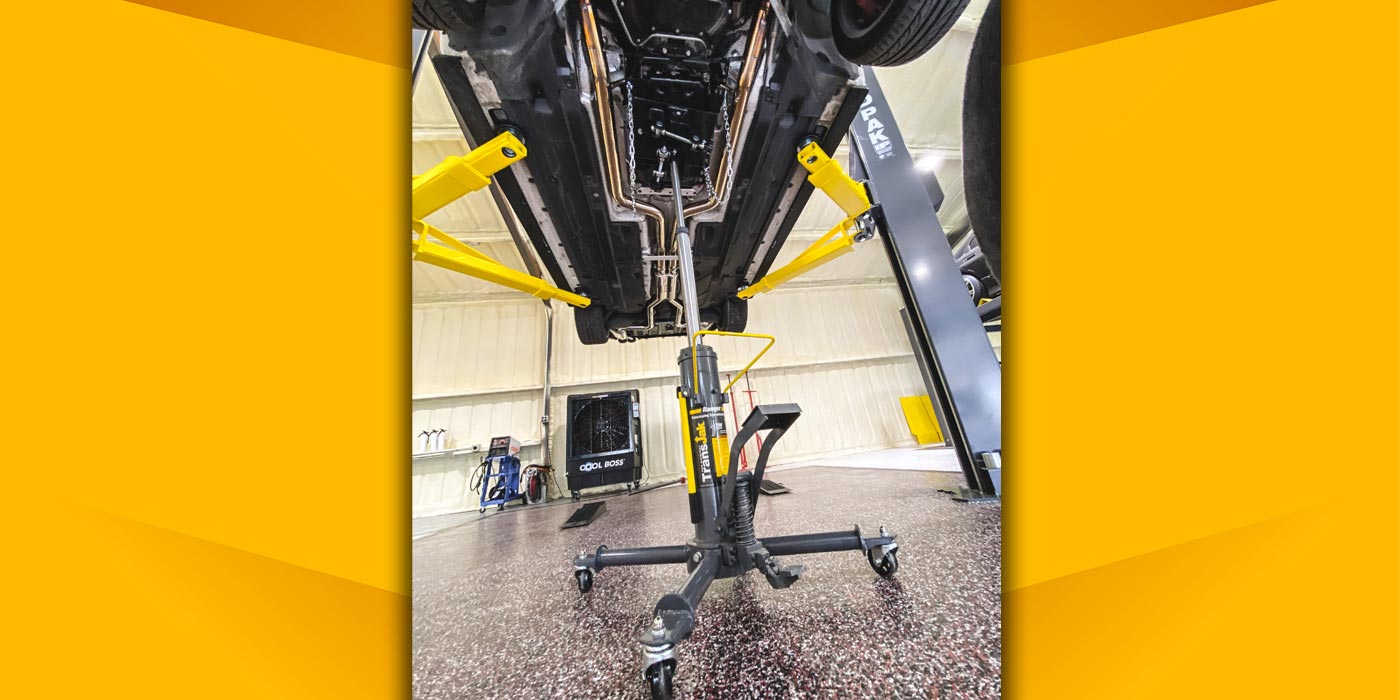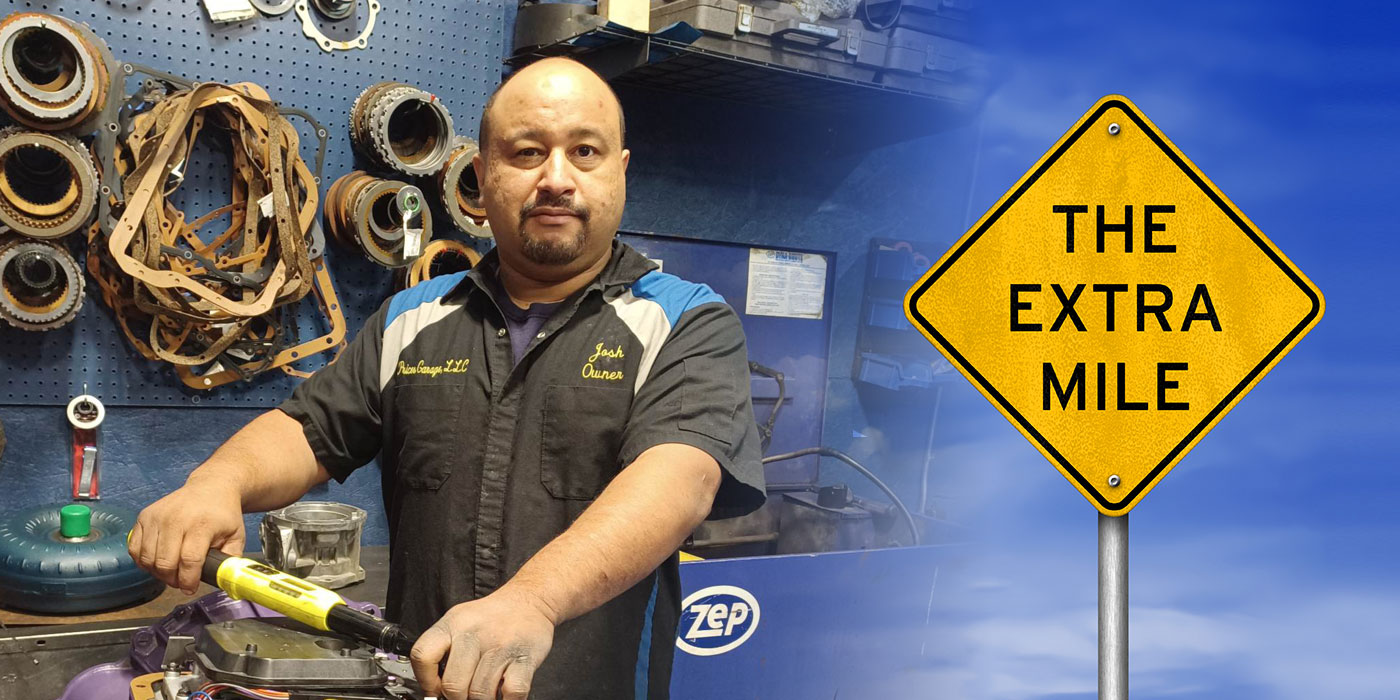
A. Little Help
- Author: Art Little
- Subject Matter: Management
- Issue: Hiring a manager
How important is it to hire the right manager for your shop? It may be the most-important decision a shop owner has to make. Notice I did not say salesman. A salesman talks with the customers, gives the service recommendations, then sits back down and hopes everything else works out. Those guys in our industry do not qualify as shop managers. Sorry. A real transmission-shop manager knows how to sell, manage production and find the best deal on parts. Those are the big three. If he can do that, the technicians and customers love him and your shop makes money. It’s not just a sales job any more.
Don’t get me wrong. The manager has to be a good salesman. Remember, nobody works until somebody sells something. If he can’t sell, he can’t be the manager. He gets fired pretty quickly if he is lacking in sales ability or is afraid of the customer. He can know all there is to know about production and parts and get fired the first day on the job if he can’t sell. Sales is secondary to a great manager. It’s automatic. It has to be, because he spends most of his time managing production and ordering parts. So, when you are recruiting a manager, sales ability is the most-important asset he has. But remember, it is only one of the big three packages a great manager brings to the table.
The seasoned vet is organized and has a production system that everyone in the shop has been trained on. He sets the production schedule before he leaves work the night before and then has a production meeting before work begins the next day. When the meeting is over, everyone knows the exact order in which the manager wants the repairs for the day done, and they feel like part of his team when they leave and start to work. Goals are set at that meeting, and the team works toward achieving those goals by the end of the day. He watches the repairs all day and if something happens to take him off his schedule, he immediately makes a change in the production schedule and puts it on the board. Otherwise, he leaves the employees alone to complete the work he has scheduled for them. This is good stuff now. Beats just having a salesman, doesn’t it?
Finding a manager who knows how and where to buy parts is like finding a needle in a haystack. The parts game is the most-intricate game in our industry. Very few managers understand the parts game and take the time to play it. The great managers know how to play this game and win. Saving a dollar is just like making a dollar and can make a huge difference in profits. A good manager will save you enough money to pay his salary. Hard to believe? Wait until you run into one of them.

Now that we’ve covered the big three, a great manager also wears a lot of other hats. He has to be a good psychiatrist. He handles everyone’s problems. Owners, customers and technicians all come to him with their problems. He is the pivot man of problems. He is a loan officer when a fellow worker is running short of lunch money. He is a bail bondsman when a member of his team calls him from jail in the middle of the night. He is a taxi service when one of his employees’ cars breaks down. He is a comedian when shop morale starts going down. The cream of the crop has his own barbecue grill and occasionally cooks lunch for the shop. He is on stage from the time he gets there until he leaves. It’s a tough job if done right.
I have always said if you can manage a transmission shop, managing any other business is a walk in the park. It’s a tough job if you do it right and even tougher if you don’t. Hiring the right manager is not easy because there are so many things to consider. I realize that putting people in categories is not a good idea most of the time, but in a good-hearted effort to help you recruit the right manager for your team, I will break that rule and list the traits of a few common styles of managers I have encountered so you can identify them when you see them and hire the right manager for your team. The categories are hot dogs, green beans, good ol’ boys, fixin’ to’s and the seasoned vet.
Hot dogs are managers with two to 10 years’ experience in management and are legends in their own minds. They have no concept of the word profit. They deal in gross-sales figures and commissions. They never do anything wrong and know it all. If there is a problem they blame someone else. They are hard to manage and do not take criticism well. They like to manage and sell their way and rarely will work within the system you have set up for your shop. They like to bring in their own system. They are usually great salesmen but, because of their aggressive personality, can create an unacceptable number of customer complaints.
Also, hot dogs do not stay in one place very long for one reason or another. They seem to miss a lot of days and are late a lot of the time. Drugs and alcohol play a big part in this. Some get along well with the technicians and some don’t. Don’t get me wrong, I like hot dogs. They are just set in their ways and are hard to change and manage. However, these guys can make you a lot of money. If you are a shop owner, new to the business without a set system, this guy might be a good prospect. But evaluate your technicians and determine whether this manager will lead your team or destroy it. On the other hand, if you are an established shop owner with a system in place that you want to use and will not vary from it, you might want to pass on the hot dogs.
Green beans have less than two years’ experience but can be some of the best managers you will ever run into. They are more receptive to your management than the hot dogs and will generally work within the existing system. They are loyal and will show you respect, especially if you bring them in off the street and train them yourself. That creates a manager who knows only one way: yours. The technicians usually give the green bean a hard time but work with him well for the good of the shop. They seem to miss less work and are always on time. The drawback is that the green bean will miss sales or get less for the sale than the more-experienced managers while he is learning the business and his production-management and parts-knowledge skills are developing. However, some of these guys can really sell and have good people skills and the desire to make big money. If you are willing to train and realize he will be high-maintenance for a while, he will make a good prospect. On the other hand, if you have a very busy shop and little time to train, you might want to pass on the green bean.

Good ol’ boys are have varying experience and skill levels and are just plain laid back. They are easy to get along with and rarely have a customer complaint or a problem with another employee. They just kind of coast through the day and try not to cause any problems. They don’t like problems. They will gladly work any system you put in front of them and do almost anything you tell them to. They generally will come to work every day and rarely are late for work unless drugs and alcohol are involved. Technicians will take advantage of the good ol’ boy because of his good nature and inability to say no.
Most, but not all, good ol’ boys, are lacking in talent and/or desire. They are not the great salesmen in our industry because they see the customers as good ol’ boys and listen to their reasons as to why the price is too high. Or, they will not price the job high enough to make a decent profit. Why? Because they avoid conflict. They just don’t like problems. Keep in mind, most do not have the drive to make the big money and as a result generally are not good production managers. So, if you are an owner who is at the shop every day and you are the leader, the good ol’ boy might be a good prospect as long as you control job prices and watch the production. On the other hand, if you are an absentee owner you probably should avoid the good ol’ boy altogether.
Fixin’-to’s are unorganized and make excuses all day. If you ask him a question and he says “I’m fixin’ to do that as soon as I …,” you have a problem. If he is a green bean, then a fixin’-to is fairly normal, but if he is not a green bean, he is simply not organized and will be high-maintenance for you. Also, he will not be able to get along with the quality technicians because of the confusion he creates through his lack of organization.
I have been successful at organizing several fixin’-to’s in the past and they have turned out to be good managers, but you have to stay on them all the time and have to teach them organizational skills. There are some really good managers who just haven’t been taught time management. If you have the time and patience to teach these skills and enforce them, a fixin’-to can make you a good manager. However, if you do not have the time or patience, you might want to pass on the fixin’-to’s.
The seasoned vet will have at least five years’ experience in the heavy retail production shops and is accustomed to making a lot of money. He can sell with the best of them and manage production, and he knows how and where to buy parts. He has good people skills and gets along with everyone if they show him the respect he has earned. He is organized and makes sure the shop is always organized and informed. He enjoys his job. He has his way of selling and managing but will give and take with the owner to make the relationship work. He understands what it takes to make a profit and has the talent and desire to make it happen consistently. Some have owned their own shop at some time.

The seasoned vet is loyal and honest and will go the extra mile when necessary. He is alcohol and drug free and will not work in a shop that is not. He is a team player and gladly takes the leadership role. He likes to stay in one place and build on the progress he has made. He is concerned about the reputation of the shop and will not lie to customers or sell unscrupulously. He expects the customer to pay top dollar for the job but is willing to take care of warranty issues in a professional manner.
He has a lot of pride and will show you the same respect you show him. If you disrespect him, do not expect him to respect you. If you own multiple shops or a heavy retail production shop, the seasoned vet is the perfect prospect. He is low-maintenance and a self-starter. On the other hand, if you have a startup shop or a low-volume shop, you may not be able to pay the seasoned vet’s salary requirement.
Here are a few suggestions for recruiting a shop manager: Take your time. Find out whether he can sell, manage production and save you money on parts. Ask what his average sales amount is on major automatics, major standards, clutch jobs and minor repairs. Ask him, out of 100 telephone leads, how many will result in lost leads, no-shows, failures to appear, minor repairs and major repairs. Ask about his parts percentage. Ask him to rate himself on a scale of 1-10, 10 being the best, on his ability to control technicians, his parts knowledge, production scheduling, computer skills, customer relations, organizational skills, paperwork and keeping a clean shop. Then, ask him to finish the sentences, “I like to work in a shop that …” and “I don’t like to work in a shop that …”
Once that is done, if he meets your standards, go over his job description and tell him exactly what you expect of him. Be precise in the goals you have set for your shop and let him know the little things that drive you crazy. Work out a pay plan with bonuses that works for both of you. Take into consideration that the manager who brings the big three to the table is worth more than the other types of managers. Money has broken up many owner-manager relationships made in haste. Don’t make a deal that is no good for you, no matter how good he is.
As I have said many times, there are quitters, campers and climbers. The top transmission-shop managers who do this job right are unique individuals with a lot of talent and should be compensated accordingly. When you run into a great shop manager who can sell, manage production and watch your money on parts, find a way to put him to work. A manager who is a triple threat will make your job easier and also make you a lot of money. You can’t beat that combination.



